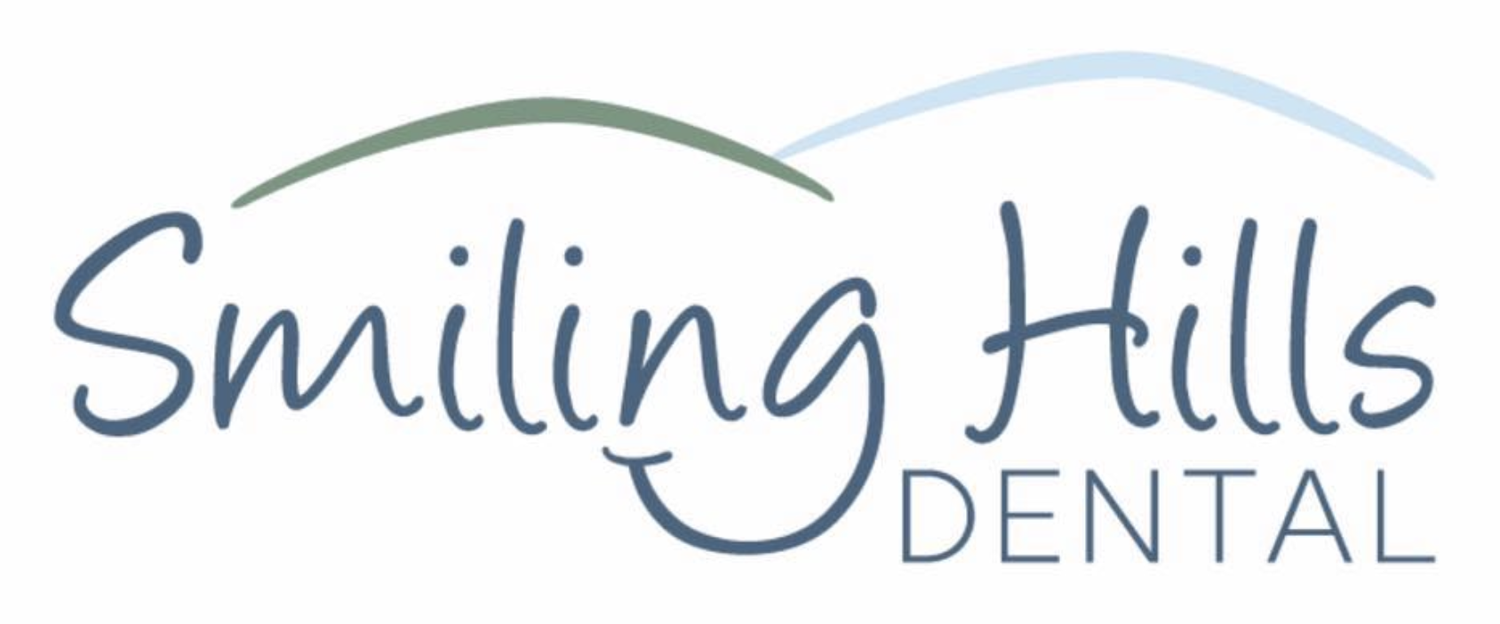
Frequently Asked Questions (FAQs)
Choosing a new family dentist is a big responsibility!
We understand that you probably have a number of questions to determine if we are the right dental office for you.
Below you will find some of our most common questions. If you do not see yours here, just give us a call or send us an email on our contact page.
Easy Payment Options FAQs
-
Many of our patients do not have dental insurance.
Unless provided by your employer, dental insurance can be costly and might not cover as much as you think. Unlike medical insurance, dental insurance is not designed to be a catch-all for the cost of your treatment. Dental insurance often covers only a percentage of your treatment – perhaps 50-80 percent. Many dental insurance companies make it difficult to collect even that amount by requiring waiting periods and extensive documentation to justify your treatment.
We work with insurance companies for the convenience of our patients, but we also cater to those patients who do not have dental coverage.
We offer easy payment options including:
Cash
Checks
Credit cards
Debit cards
We also offer patient financing options through CareCredit. CareCredit offers both interest-free and long-term financing. You can apply easily online in just minutes to get pre-approved. We can help you apply in the office if you have any questions.
Putting off dental work is more costly in the long run because it could lead to more expensive dental work in the future or even tooth loss. Replacing a tooth is usually more expensive than saving one and always more expensive than preventive care.
Do you have questions about the cost of your treatment? Give us a call!
-
You can begin by calling our office. It will be beneficial if you have your insurance card in front of you or have a copy of your group number, plan number, and ID number. The date of birth of the policyholder will also help us identify you in the system.
Our office staff will review your insurance coverage with you to maximize your benefits and explain how your insurance works. If you will be responsible for a percentage of your treatment, we can help you determine your responsible portion so you can accurately plan it in your budget. You will receive a written estimate of your dental treatment plan, including your out-of-pocket costs.
If you do incur out-of-pocket expenses, don’t worry! We make payment easy by accepting cash, checks, and credit cards. We also offer patient financing through CareCredit. CareCredit is like a credit card and is a revolving account that you can use for many of your healthcare costs. It is widely accepted and recognized, so you will likely have many uses for this type of service.
We are upfront with your dental costs and can help you phase out your treatment over time, if necessary. By addressing the most pressing dental issues right away, we can still take great care of your smile and stay within your budget.
Family Dentistry FAQs
-
Pain is not the best way to determine if something is wrong with your teeth.
Unlike the rest of your body, pain is not always present even though a serious condition may exist. Teeth only hurt when the nerve is affected by trauma, decay, or infection. Your nerve is housed safely inside your tooth structure under a layer of dentin, which is similar to bone. Your entire tooth is protected by enamel, which is the hardest substance in your body. If you wait for your tooth to hurt, you may end up needing more expensive treatment or it may be too late to save the tooth.
We know that patients stay away from the dentist for a number of reasons. Financial concerns, fear, and being busy are just a few. We make it easy for our patients to do business with us by providing great value in the dentistry you receive, accepting a number of payment options, and having convenient weekend and evening hours to accommodate your busy schedule.
Preventive dentistry can help you avoid many painful dental conditions. Give us a call today to schedule your next dental appointment.
-
We strive to make every visit a positive experience. At your first dental appointment, you can count on being greeted by our friendly and professional team. We will ask a few questions about your dental history and ask you to fill out some medical history forms if you did not do it in advance.
When we take you back for your appointment, you will have an opportunity to meet Dr. Michael Alano and discuss any concerns you might have about your oral health or the appearance of your smile.
Dr. Alano will perform a complete exam of your gums, teeth, jaw joints, and bite. He will look for signs of any dental conditions and alert you to anything that requires treatment. We also offer an oral cancer screening because your dentist is often the first person to notice any suspicious lesions.
It is at this appointment that we determine the type of dental cleaning that will be best for you. We offer several levels of professional dental cleanings to meet your needs:
Regular prophy appointment – For patients with excellent oral health and no history of gum disease.
Mid-level hygiene appointment – To remove tartar from your teeth. This is a common dental cleaning for those patients who may be late on their regular cleaning.
Periodontal cleaning – This is a highly specialized dental cleaning that helps to keep gum disease under control.
We leave plenty of time for you to ask questions and learn how to achieve your health and cosmetic goals for your smile. We enjoy exceeding your expectations every time!
-
Many patients express concern about the radiation exposure associated with dental X-rays. Your safety is always a top priority for us! We switched to digital X-rays for our patients, reducing radiation by up to 90 percent over traditional film X-rays.
Digital dental X-rays have other benefits, including appearing instantly on our computer screens right in the treatment room so Dr. Alano can review any troubled teeth right away. We can also show you what we see so that you fully understand your condition and your treatment options.
Digital dental X-rays are better for the environment. Because they do not require development, we have eliminated the need for the chemicals used in film X-rays.
When we take a digital X-ray, we capture the highest resolution possible. We can zoom in on suspicious areas to take a closer look. Just like with digital photography, we can adjust the contrast and exposure. We can even flip the image for a closer look. By having a larger, sharper image, we can identify dental conditions in their earliest stages.
Dental X-rays are safe and a good investment in the future of your smile. We save them securely in your digital chart so that we can compare them over time and monitor your health.
Treatment for TMJ and Sleep Apnea FAQs
-
Grinding your teeth not only wears down your tooth enamel, but it can also fracture your teeth, causing sensitivity to hot and cold, tooth mobility, and even tooth loss. Studies have shown grinding your teeth is linked to headaches, dizziness, and numbing of the fingers as well as pain in your neck, shoulders, back, jaw, and ears. Continued grinding can cause permanent damage to your teeth and joints.
Teeth grinding can also lead to serious jaw problems that include the clicking and popping of your jaw joints, as well as locking, preventing you from being able to open your mouth completely or resulting in a stuck open position.
Dr. Michael Alano has years of experience treating these conditions so that we can protect your teeth and your oral health. Oftentimes, we can relieve your symptoms using an occlusal splint, also known as a nightguard. A nightguard provides protection from damaging your teeth in addition to helping your jaw muscles (head muscles, shoulder muscles, and neck muscles) relax. This relaxation can relieve your headaches and the symptoms associated with temporomandibular joint dysfunction, or TMD.
When left untreated, surgery may be necessary to clear your joint and relieve your pain. In most cases, a splint will still be necessary. Prevention is the key to treating the symptoms of TMD.
-
Bruxism refers to clenching and grinding your teeth. Nocturnal (nighttime) bruxism is more common and occurs while you sleep, but you can also suffer from it during the day, especially when concentrating or under stress.
Prolonged bruxism can damage your teeth and your jaw joints, as well as cause headaches. It can also lead to TMJ dysfunction, a chronic jaw condition that affects millions of Americans.
